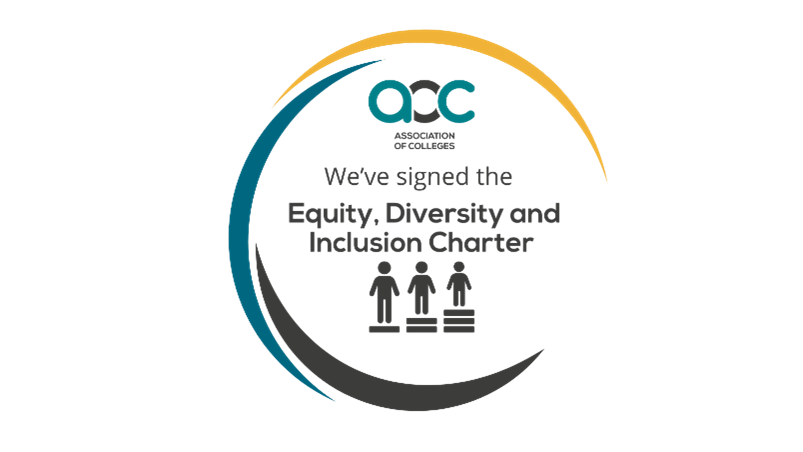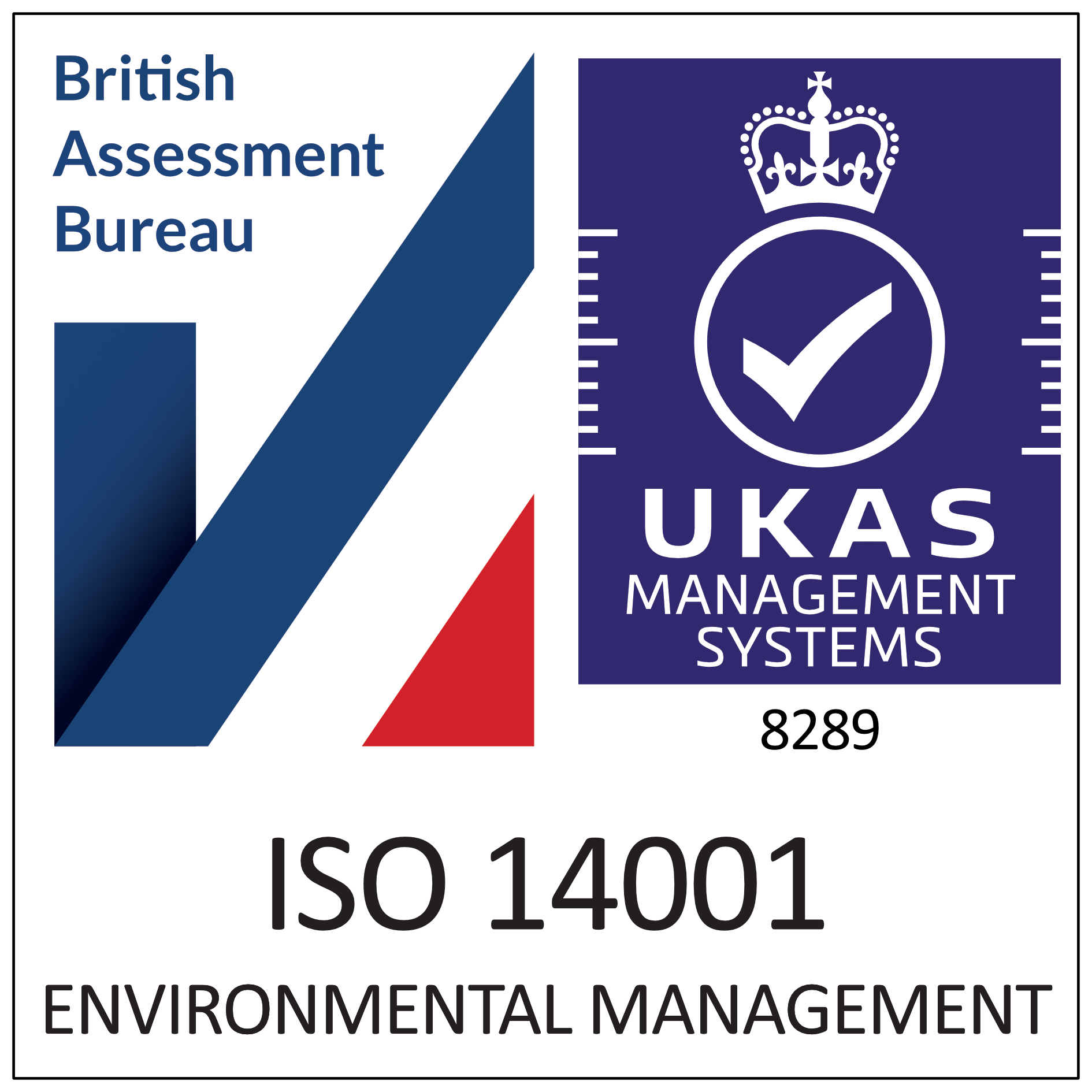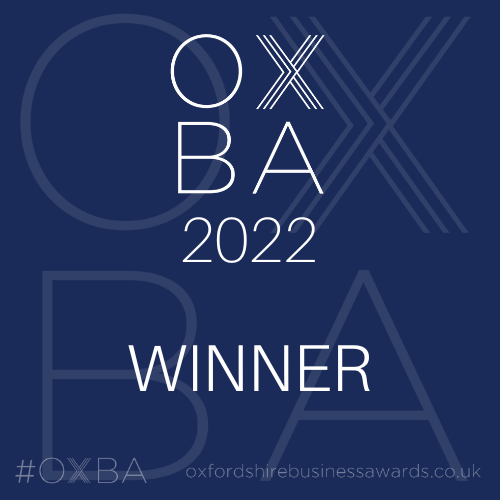
Join us for our Witney campus open day on Wednesday 25th February, from 3:30 - 7pm!

Join us for our Witney campus open day on Wednesday 25th February, from 3:30 - 7pm!
Search our website for news, courses, and general information
Course code: P02782
Subject area: Homecrafts
Study level: Part Time
Course level:
Course time:
10:00 - 16:00
Days of week:
Saturday
Course date:
13th Jun 2026 - 13th Jun 2026
Course location:
Cheney SchoolCourse content includes:- Drafting your dress block from measurements- Fitting the toile and making necessary adjustments- Pattern adaptation exercises- Exploring dress design and current fashion trends- Cutting the pattern for your chosen design
Important: You must have completed the bodice block course and bring your drafted bodice and toile to this session.
Materials & equipment:- Bring a ring binder, A4 lined and plain paper, paper glue, pens, pencils, calculator, set square/metre rule (if available), sellotape, stapler (or use tutor’s supplies)- 2 metres of medium-weight calico and plain pattern paper (available from tutor)- Fashion curves (if you have them)- Basic sewing equipment (machines provided, but you may bring your own)- Collect dress ideas and design inspiration from magazines
Do not purchase materials until the course is confirmed to run. Specialist pattern cutting tools and reference books will be provided during the course.
As part of your course we may organise trips to assist you with your learning. Trips are optional, and you will not be penalised if you choose not to participate.
There are bursaries available to help you with other course costs. Call 01235 216 212 for more information.
The rules on fee reduction are complicated and we would encourage you to talk to our Admissions staff on 01235 216 400 to discuss your options. You can find more information on our Fees and Bursaries page - search "Fees and Bursaries" at the top of the page.
£58.50
£29.25








